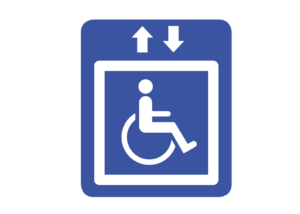Law 2/2023, of 20 February, regulating the protection of persons who report regulatory infringements and the fight against corruption (Ley 2/2023, de 20 de febrero, reguladora de la protección de las personas que informen sobre infracciones normativas y de lucha contra la corrupción) states that the purpose of the whistleblowing channel is to:
Companies with more than fifty employees are obliged to have an anonymous whistleblowing channel or "anti-corruption channel" as of the 31st of December 2023.
You can rest easy when contracting our services: the information obtained by the lawyers is not subject to these regulations, as all the information we obtain must be used to advise you on how to comply with the law and for your defence.
Our whistleblowing platform:
Request a quote for us to implement and manage your whistleblowing channel for you:
Both the whistleblower, as well as third parties assisting the process or related persons such as colleagues or family members of the whistleblower who may suffer retaliation, or even legal persons with whom the whistleblower works or is linked through an employment relationship or significant involvement, shall be protected when:
The following are expressly excluded from protection:
Acts constituting retaliation, including threats of retaliation and attempts to retaliate against persons who make a report under this law are prohibited.
Retaliation may include acts or omissions that are prohibited by law, or that directly or indirectly result in unfavourable treatment that places the reporting person at a particular disadvantage compared to another person in the employment or professional context, solely because of their status as a whistleblower, or because they have made a public disclosure.
Is your business obliged to have an anonymous whistleblowing channel but you're not sure where to start? Contact us and we'll implement it for you:
+34 932 020 256
+34 932 411 174
info@conesalegal.com
Avda. Diagonal 467, 6-1
08036 Barcelona (Spain)
